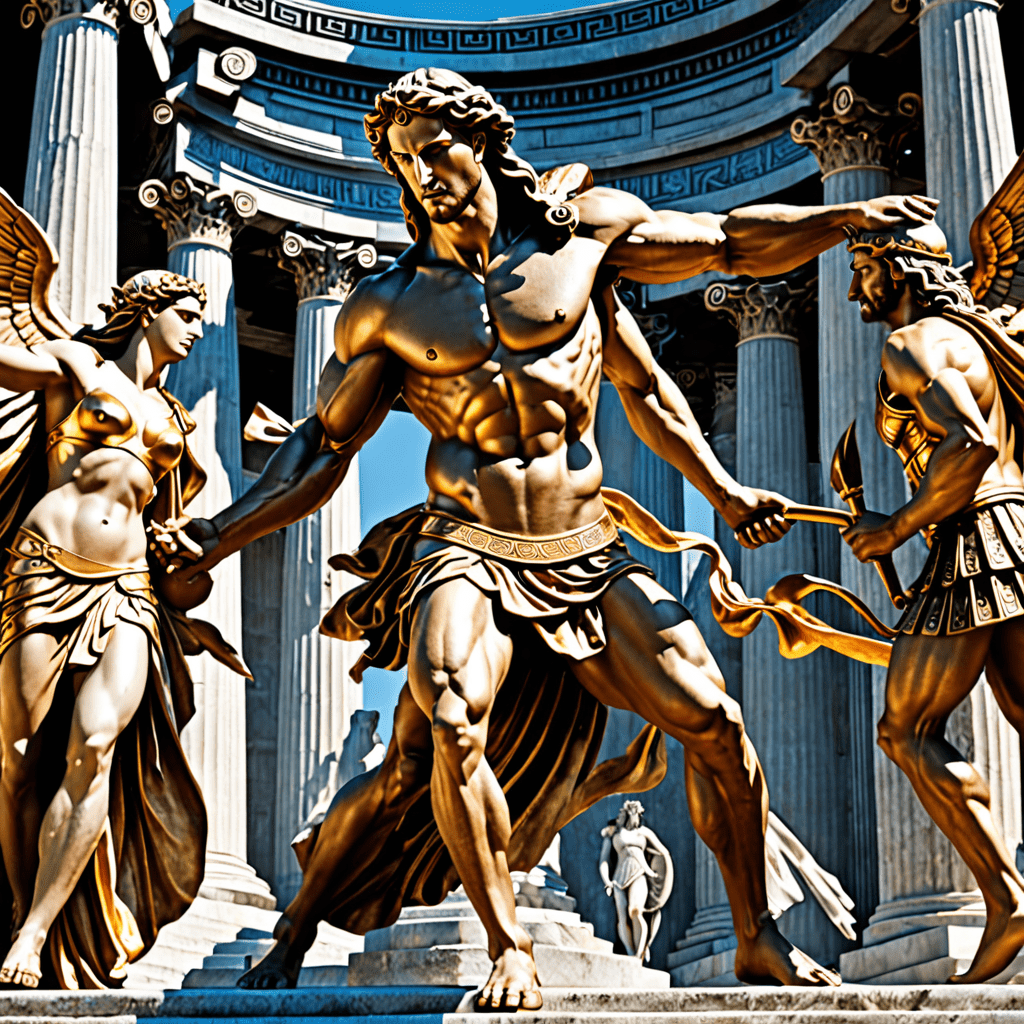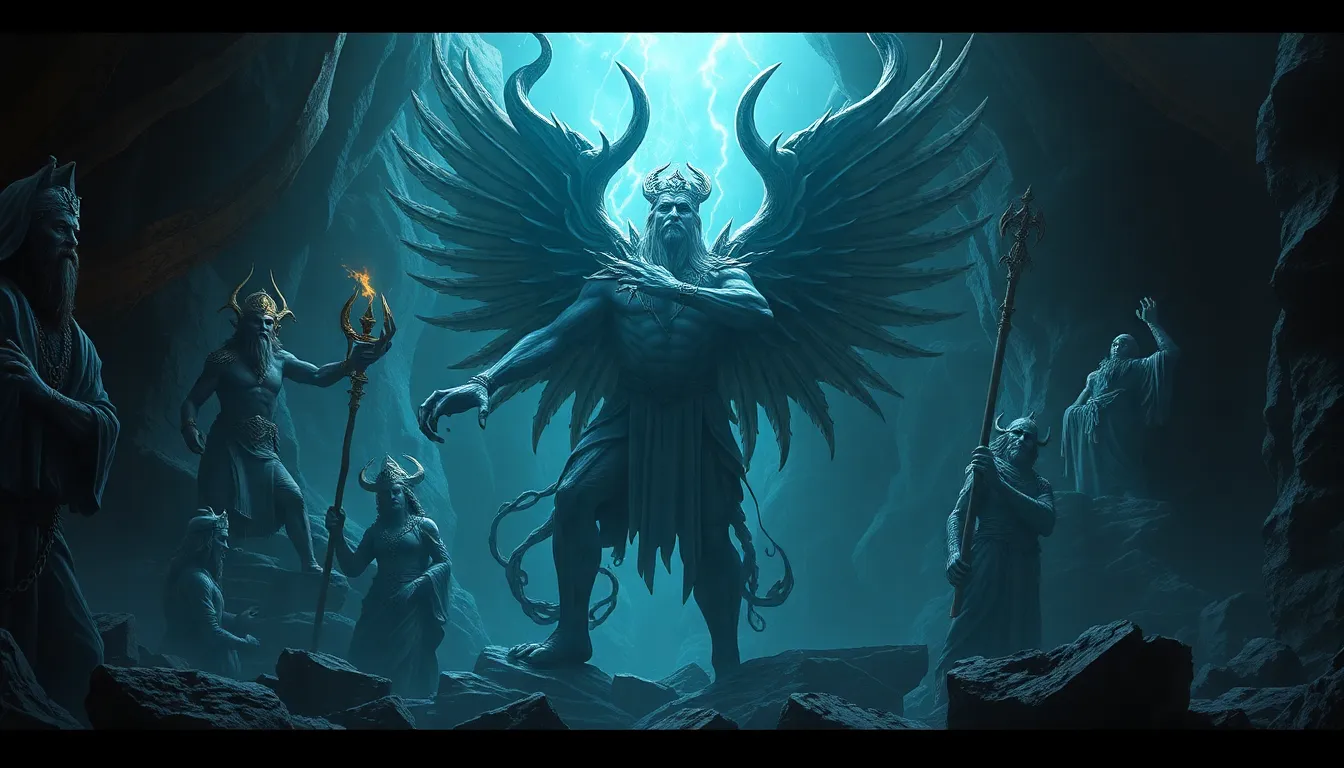Greek Mythology and the Concept of Purpose
Understanding the Depths of Greek Mythology
Greek mythology, with its intricate tales of gods, heroes, and monsters, has long captivated the imagination of people worldwide. This ancient body of myths and legends served various purposes in ancient Greek society, including explaining the natural world, defining moral codes, and exploring the human experience.
The Importance of Purpose in Greek Mythology
Central to Greek mythology is the concept of purpose. In these narratives, gods, goddesses, and heroes often have distinct roles or destinies they must fulfill. The Greek belief in fate, or “moira,” underscores the idea that each being has a predetermined path or purpose to follow. The concept of purpose adds depth and meaning to the stories, shaping the actions and decisions of the characters.
Examples of Purpose in Greek Mythology
One of the most famous examples illustrating the concept of purpose is the legend of Oedipus. Despite his efforts to evade his fate of killing his father and marrying his mother, Oedipus unknowingly fulfills the prophecy, highlighting the inevitability of one’s purpose in Greek mythology.
Another example is the story of Prometheus, the Titan who defies the gods by giving fire to humanity. Prometheus’s purpose is to challenge the authority of Zeus and uplift humanity, showcasing themes of sacrifice and rebellion within the mythological framework.
Exploring the Relevance of Purpose in Modern Context
While Greek mythology originated centuries ago, the concept of purpose remains relevant in modern times. Individuals often contemplate their own life’s purpose, seeking meaning and direction in a complex world. The timeless themes of destiny, choice, and fulfilling one’s inherent role continue to resonate with contemporary audiences, offering insights into the human psyche and existential questions.
In essence, Greek mythology weaves purpose intricately into its narratives, inviting readers to ponder the significance of destiny, choice, and the unfolding of one’s truest self. By delving into these timeless tales, we gain not only an understanding of ancient beliefs but also a reflection of our own quests for purpose in the tapestry of existence.

FAQs about Greek Mythology and the Concept of Purpose
What is Greek Mythology?
Greek mythology refers to the collection of myths, legends, and stories originating from ancient Greece. These tales often involve gods, goddesses, heroes, and fantastical creatures and were used to explain natural phenomena, cultural traditions, and the human experience.
How does Greek Mythology explore the concept of Purpose?
In Greek mythology, the concept of purpose is often intertwined with fate, destiny, and the will of the gods. Characters like Achilles, Odysseus, and Heracles are driven by specific purposes or quests, highlighting themes of heroism, perseverance, and the pursuit of one’s destiny.
What role do gods and goddesses play in the Purpose within Greek Mythology?
The gods and goddesses in Greek mythology are often depicted as having their own purposes and agendas, which influence the lives and paths of mortals. They can provide guidance, tests, or obstacles to fulfill a character’s purpose, showcasing the interplay between divine will and personal destiny.
How do Greek myths illustrate the importance of fulfilling one’s Purpose?
Within Greek myths, characters who embrace their purpose often experience personal growth, triumph over challenges, or achieve greatness. Conversely, those who stray from their destined path may face punishment, mis



